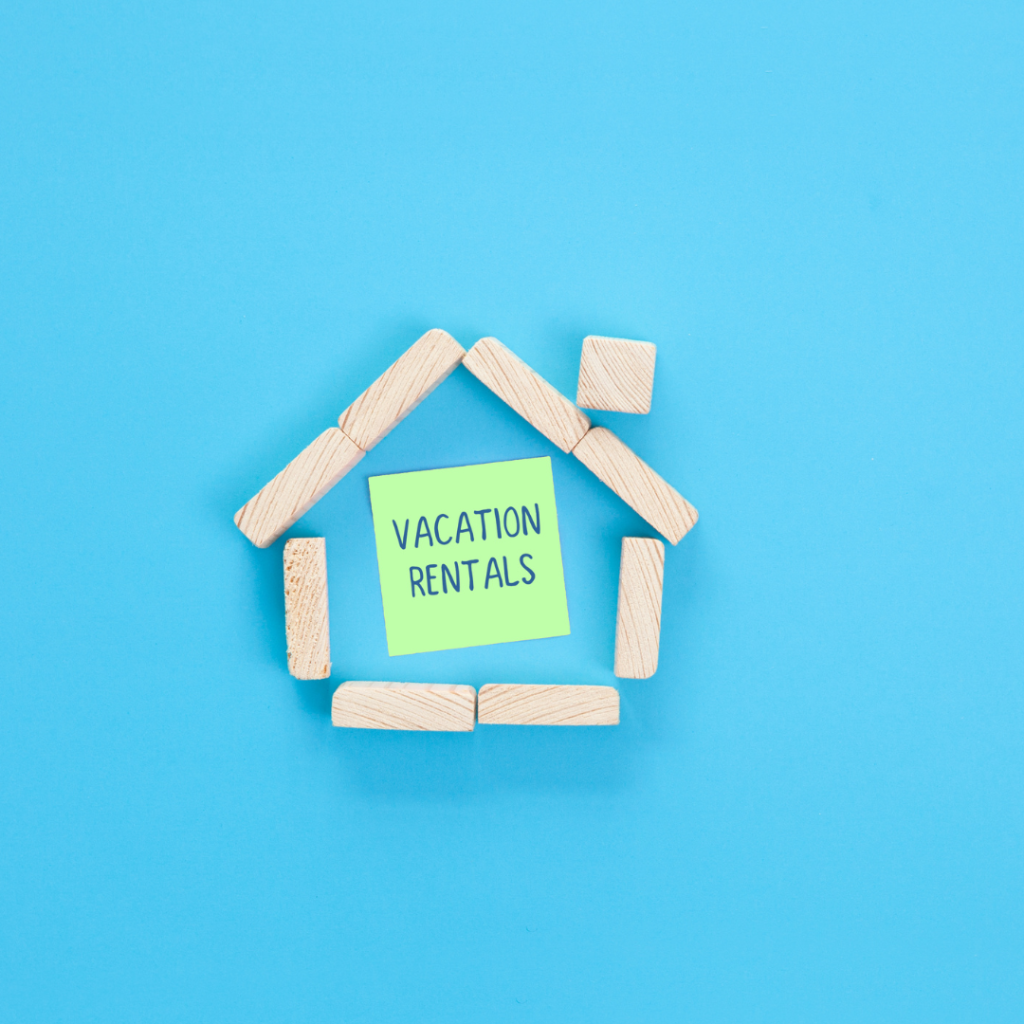Thinking about turning your home or condo into a short-term rental (STR) to earn some extra income? It’s a popular idea — especially in Toronto, where demand for temporary accommodations is high. But before you list your property on Airbnb or a similar platform, it’s important to ask: is your property actually suitable (and legal) for an STR?
Understanding STR Rules in Toronto: Is Your Property Eligible?
If you live in Toronto, the first thing you need to know is that you can only run a short-term rental from your principal residence. That means it must be the place you primarily live — where your bills go, your tax documents point to, and generally where you hang your hat most of the year.
So if you were thinking of renting out a basement apartment or an investment condo across town that you don’t live in, unfortunately that’s off the table under Toronto’s current rules.
Some other essentials to keep in mind:
✅ Registration & Licensing:
You must register your STR with the City of Toronto and comply with licensing requirements.
✅ Municipal Accommodation Tax (MAT):
You’re required to collect and remit a 6% MAT on all short-term rentals.
✅ Health, Safety & Fire Codes:
Your property must meet building, fire, and safety codes — this isn’t just a legal requirement, it’s also for your guests’ protection.
Want a deeper dive? Check out Toronto’s official page for short-term rental operators for more details.
Other Factors to Decide if Your Property is Short Term Rental-Ready
While legality is key, there are also practical points to think through when determining if your property is a good fit for short-term rentals:
- Location:
Is your home in a spot that visitors will love? Proximity to attractions, restaurants, transit, and safe neighbourhoods all make a difference. - Condition & Appeal:
Guests expect clean, well-maintained, comfortable spaces. Is your property freshly painted, functional, and welcoming? - Zoning & Septic:
Outside Toronto, check your municipality’s zoning rules. If you’re on a septic system, ensure it’s up to the demand.
Taking time to assess these factors can help you figure out if it’s truly worthwhile to rent your property.
Make Life Easier When You Start Hosting
If you’re set on moving forward, consider the logistical side. Many hosts run into headaches simply because they don’t have enough sets of keys or fobs.
Maybe you need an extra set for cleaners, a friend helping manage turnovers, or simply for peace of mind so guests aren’t left waiting if a key goes missing. At MiniFob and our headquarters at FobToronto, we specialize in copying apartment keys, key fobs, and even garage remotes — done in minutes, with a lifetime guarantee.
Having reliable spares on hand means fewer last-minute scrambles, and happier guests.
Final Thoughts: Is Your Property Suitable for an STR?
In short, the answer depends on meeting local regulations (especially in places like Toronto), making sure your home is in good shape, and being prepared for the extra responsibilities that come with hosting.
If you’re compliant and your property checks all the boxes, short-term rentals can be a smart way to earn income from a space you already own.
And if you’re gearing up to host, don’t forget the simple stuff like having backup keys and fobs to keep operations running smoothly. We’re always here to help — and if you’d like, you can explore our other articles like “Ontario’s Short-Term Rental Rules” to guide you even further.



Recent Comments